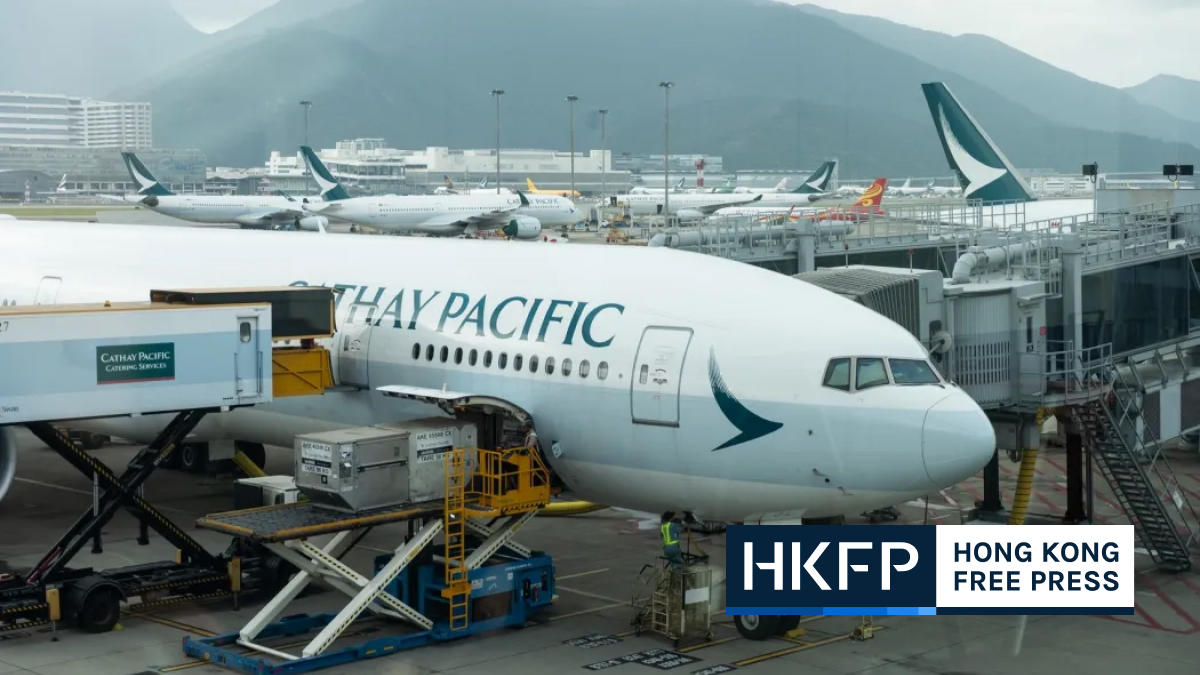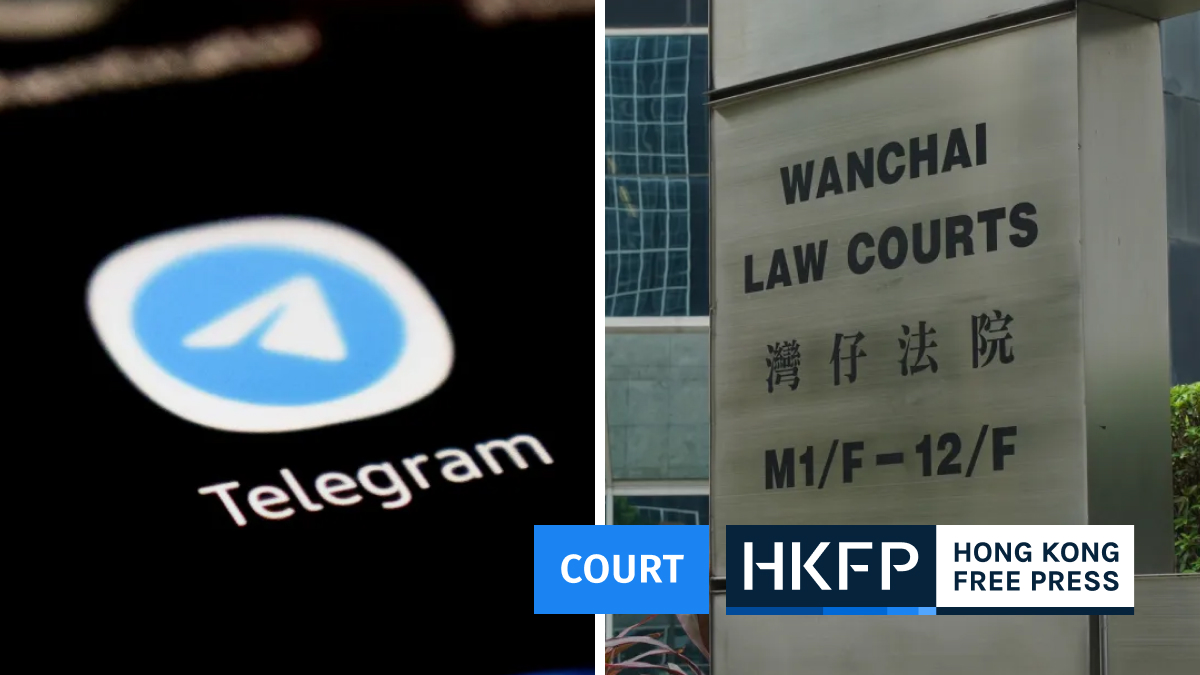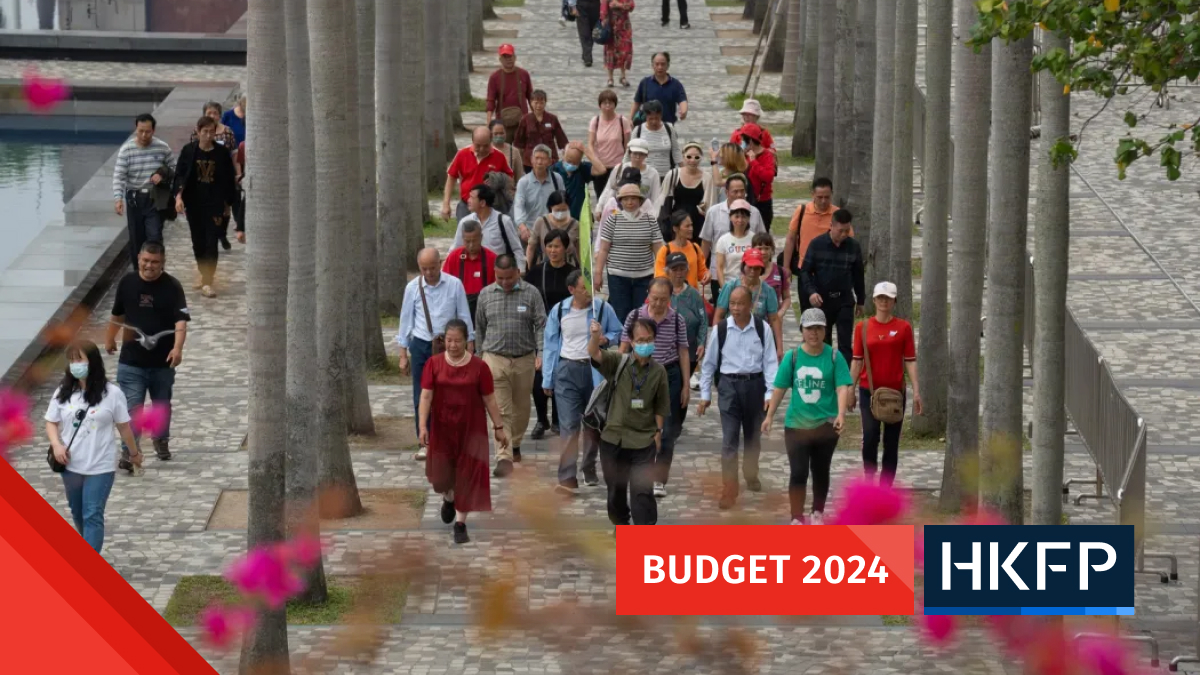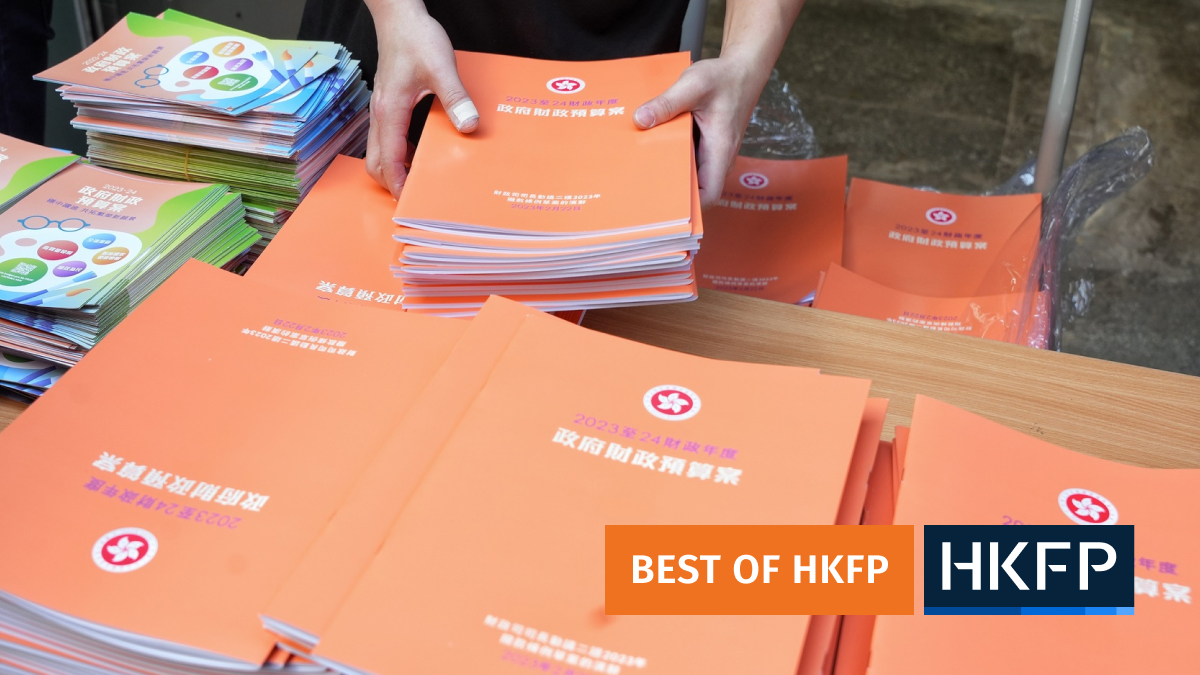With Hong Kong battling its fifth wave of Covid-19 infections, HKFP has rounded up frequently asked questions on what to do if you test positive for Covid-19. Last updated: March 18, 2022.

For government testing services, you can make a booking at one of the 19 community testing centres. Services are free for people under compulsory testing orders and those in certain industries, otherwise, you will have to pay up to HK$240 per test.
Mobile testing stations have also been set up in various locations across the city for people ordered to undergo compulsory testing. Services are free of charge at these stations, and opening hours vary.
Alternatively, you can pay for a test at one of the private clinics recognised by the government.
Self-testing kits, otherwise known as a rapid antigen tests (RATs), are also widely available. To check if your test kit has been approved by the government, the European Union, the US Food and Drugs Administration, or mainland China, you can use the Consumer Council’s search tool.
See also: HKFP Guide: Covid-19 rapid antigen tests – how accurate they are, which to choose and more.

If you are experiencing any Covid-19 symptoms, however mild, you are encouraged to self-test or visit a doctor, according to government advice. People with symptoms should not go to community testing centres or mobile testing stations.
You should also take a test if you have come into contact with someone who has tested positive for Covid-19. If you are considered a close contact of a Covid-19 patient, you will be asked to undergo quarantine by the government.
Specific groups of workers are required to take regular tests, such as staff members of quarantine hotels and people working at the airport.
The government also imposes lockdowns in buildings with high transmission risks. RAT kits are handed out to people under lockdown and those who have visited high-risk areas, as well as residents living in areas where Covid-19 is detected in sewage.
Pierre Chan, doctor and former lawmaker, urged patients to not panic after testing positive. Medical experts have advised keeping RAT kits, thermometers,
oximeters, and fever-reducing medicine at home.
The city’s leading microbiologist Yuen Kwok-yung said that patients with mild symptoms may feel fine after a couple of days of staying at home and taking over-the-counter medicine, if necessary.
If you tested positive after undergoing a nucleic acid test, you will be sent an SMS notification, and asked to fill out a form on the government’s designated website. You will be asked to provide information including of members living in the same household.
If you test positive using an RAT, you should declare your status using the government’s online platform, or call 1836 119. You will be asked to fill in a form with information such as your address, identity card number, your living conditions, and the personal information of those you live with. After submitting your form, you will receive an SMS containing a link asking you to upload certain documents, and for you to download the quarantine order.
Anti-epidemic kits and electronic wristbands will be delivered to your door. You might be subject to a further confirmation test. If so, a contractor will call you and a courier will deliver another test kit to your address. You will have to complete the test in 20 minutes and put the kit outside your door.
The Centre for Health Protection aims to send Covid-19 patients to quarantine facilities. You might receive a call from the CHP notifying you of such arrangements.
Anyone who refuses to cooperate with their isolation order could be subject to a fine of HK$5,000 and two months in prison.
In the meantime, patients should quarantine at home and call the government hotlines listed below should they require assistance.

Depending on the severity of your symptoms and your living conditions, you will either be sent to a hospital, one of the city’s community isolation facilities, a designated quarantine hotel, or be asked to quarantine at home if there is no space at other facilities.
Do not visit emergency rooms at public hospitals if you have mild or no symptoms. If you feel like you need treatment, you can make a booking at one of the 23 designated clinics for Covid-19 patients. Booking is required and can only be made by calling the clinics.
To go to one of the designated clinics, you can book a designated taxi by either calling the reservation hotline at 3693 4770, or make a reservation on its booking website. The service is free of charge.
If you experience any of the following symptoms, go to the emergency room immediately:
– Persistent fever of over 38.5 degrees Celsius for more that two days, after taking fever-reducing medicine
– Hypothermia of 35 degrees Celsius or under
– Difficulty breathing or shortness of breath
– Loss of speech or mobility
– Inability to wake up or stay awake
– Pain or pressure in the chest or abdomen
– Dizziness, confusion, or a marked change in mental status
– Weakness or unsteadiness
– Persistent inability to drink or eat
– Diarrhoea or vomiting for more than two days
For pregnant women at or over 24 weeks of gestation, visit an accident and emergency (A&E) room if there is decreased or no movement of the foetus, or if you are at 37 weeks or more and have symptoms.
For children aged two or below, visit an A&E facility immediately if they are symptomatic.
Inform A&E staff that you tested Covid-19 positive and are pending admission to a quarantine facility or hospital.

Drink plenty of water, get more rest, and take paracetamol, if necessary. If you live with other people, it is important to try and limit the transmission risk within your home.
The Centre for Health Protection advises Covid-19 patients isolating at home to stay in their room and avoid contact with anyone living under the same roof, including eating together. You should also try and maintain good ventilation by keeping the windows open.
If you have to go into a common area in the house, make sure to wear a well-fitting surgical facemask.
For those who have to share bathrooms, clean and disinfect toilets after each use, and try to take showers only after other people, Yuen advised.

If you have received at least two doses of a Covid-19 vaccine and you test negative using RAT kits on the sixth and seventh day after testing positive, you may leave the quarantine facility or your home isolation. The day after receiving the positive result is counted as day one.
If you have not received two doses of a Covid-19 vaccine and are sent to a quarantine facility, you will be sent home if you test negative after seven days to undergo another week of home quarantine, if your living condition allows. If you test positive, you will have to spend another week at the community isolation premises. You will be permitted to leave if you test negative after 14 days.
If you have not received two doses of a Covid-19 vaccine and are quarantining at home, you will have to complete 14 days of isolation and test negative before you are allowed to leave your household.
If you are unvaccinated and live with high-risk individuals, such as elderly people, pregnant women, or people with compromised immunity, you will have to complete 14 days of quarantine at a community isolation facility. You can return home after testing negative following the two-week period.

For emergencies only, call 999.
The government has set up a support hotline, 1836 119, for people to seek advice or obtain medical information. If you require further help with daily necessities, call the Home Affairs Department’s hotline at 1833 019.
The Fire Services Department has also set up a declaration hotline to arrange for patients to be sent to quarantine facilities more quickly. Covid-19 patients can either email fsd_cif@hkfsd.gov.hk, WhatsApp 5233 1833, or use WeChat to message the department’s account at fsd_cif.
You will have to provide information including your Chinese and English names, age, sex, identity card number, phone number, address, method of Covid-19 test, and the date you tested positive.
The Hong Kong Medical Association has also set up two WhatsApp numbers for people with enquires about their symptoms or condition. People can text 6557 4435 or 6556 2436 from 9 a.m. to 8 p.m.
Various organisations have also set up hotlines and online platforms for people who seek mental health support:
– Shall We Talk, a psychological support service provided by Hong Kong Red Cross
– Open Up, a bilingual online chat platform funded by the Hong Kong Jockey Club
– The Samaritans, 2896 0000
– Suicide Prevention Centre, 2382 0000
– The Mental Health Association of Hong Kong, 2528 2997
Support HKFP | Policies & Ethics | Error/typo? | Contact Us | Newsletter | Transparency & Annual Report | Apps
Help safeguard press freedom & keep HKFP free for all readers by supporting our team

LATEST ON COVID-19 IN HONG KONG
HKFP GUIDES
Support HKFP | Policies & Ethics | Error/typo? | Contact Us | Newsletter | Transparency & Annual Report | Apps
Help safeguard press freedom & keep HKFP free for all readers by supporting our team



















